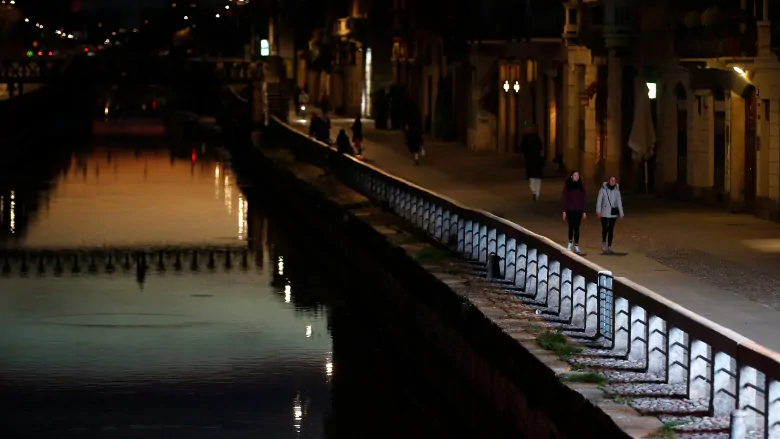Although Canada is still in the early stages of its COVID-19 response, a look around the world may provide a glimpse of measures that could yet come into force as the epidemic progresses.

Although Canada is still in the early stages of its COVID-19 response, a look around the world may provide a glimpse of measures that could come into force here as the epidemic progresses.
Some fairly extreme measures have been planned — and in some cases have been already implemented — in countries from Ireland to Japan.
When China locked down Hubei province and put millions of people in quarantine, many Western observers believed they were viewing the response of an authoritarian government obsessed with people control.
The World Health Organization, in a February 28 report, described China’s measures as “perhaps the most ambitious, agile, and aggressive disease containment effort in history.”
But Italy has now shown that a democracy can take similar measures when the threat is deemed severe enough. Although Italy’s travel ban allows for more exceptions than China’s, it also extends to the whole country. And it is accompanied by a string of other stringent measures.
Today, the Giuseppe Conte government in Rome said that all first-home mortgage payments in Italy are to be suspended. The government has suggested a freeze of 18 months. Italians will also get a tax holiday to avoid driving people — especially the self-employed —into bankruptcy.
That in turn will almost certainly require more government action to protect Italian banks from going bust, because they depend on those mortgage payments to meet their obligations.
And that help from the bank will have to come from a government that has stopped collecting taxes.
It all means a much-larger-than-expected deficit this year, in a country that already has trouble balancing its books (Italy’s economy is still smaller than it was before the 2008 financial crisis).
Justice delayed
Not only are Italians free of fees and taxes until March 31, those who had court proceedings scheduled prior to March 22 will see their cases postponed. That goes for both civil and criminal proceedings.
It’s the kind of suspension that can be expected in other countries as governments move to prevent all activities that bring people into contact with strangers. Britain’s government has already hinted that it may order its police to focus only on the most serious crimes during the second phase of its virus response plan.
Meanwhile, six inmates died as prison riots swept Italy recently, while dozens more used the disturbances to escape.
Prisoners’ rights group Antigone said the riots were partly to protest restrictive measures imposed on prisoners to prevent the spread of

